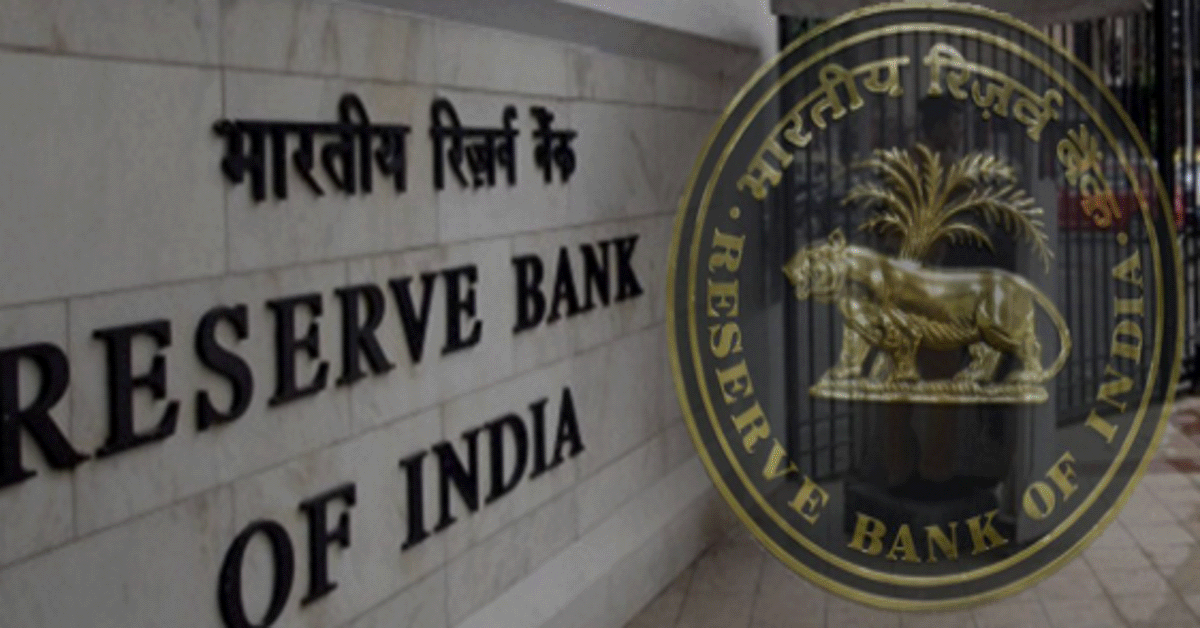The Reserve Bank of India’s Monetary Policy Committee (MPC) is set to meet from June 5th to 7th, 2024. Experts predict the committee will likely maintain the repo rate, the rate at which the RBI lends short-term funds to banks, at its current level of 6.5%. This decision comes amidst concerns about persistent inflation, particularly in food prices.
The primary reason for keeping rates steady is the ongoing battle against inflation. While overall inflation has shown signs of cooling, food prices, a significant concern for Indian households, remain stubbornly high. The MPC wants to ensure inflation comes down to the target of 4% in a sustainable way before considering any rate cuts.
Think of inflation as the general increase in prices of goods and services. By raising the repo rate, the RBI makes it costlier for banks to borrow money. This, in turn, discourages banks from lending freely, which slows down economic activity and reduces demand for goods and services. Lower demand eventually leads to price moderation, bringing inflation under control.
However, raising rates too aggressively can hurt economic growth. Businesses may find it expensive to borrow for expansion, and consumers might cut back on spending due to higher loan costs. This is where the balancing act comes in – the MPC needs to keep a check on inflation without hindering economic recovery.
Other Factors Supporting a Hold
Besides inflation, other factors might influence the MPC’s decision. Here is a glimpse of a few :
- Global Economic Uncertainty: The global economy faces headwinds due to factors like the ongoing war in Ukraine and rising interest rates in major economies like the US. The MPC might want to be cautious and avoid any actions that could destabilize the Indian economy further.
- Credit Growth: The RBI would likely want to see how credit growth, a measure of bank lending activity, pans out in the coming months. Healthy credit growth is necessary for economic activity to pick up.
- Impact of Previous Rate Hikes: The MPC might want to assess the full impact of the previous rate hikes (between May 2022 and February 2023) on the economy before considering further changes.
If the repo rate remains unchanged, it could provide some relief to borrowers, especially those with existing loans linked to the repo rate. Their Equated Monthly Installments (EMIs) are unlikely to increase. However, for those looking for fresh loans, interest rates might not see a significant reduction as banks may not fully pass on the benefit of a steady repo rate.
The Road Ahead
The MPC’s decision will be closely watched by businesses, consumers, and investors. While holding rates is likely in the near term, the MPC’s future stance will depend on the trajectory of inflation and the overall health of the economy.
